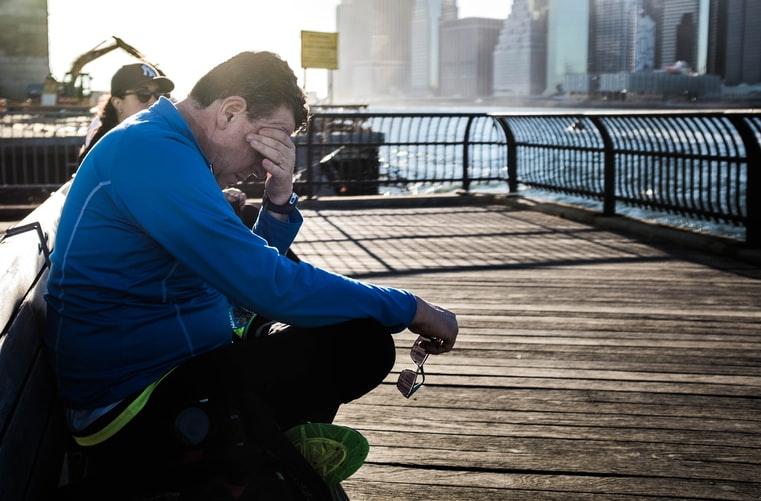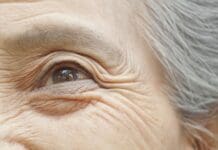As the temperatures rise this summer, it’s important to stay hydrated, cool, and safe.
And one danger that you may be facing is the potential for heat exhaustion.
Heat exhaustion is a heat-related illness that can afflict you after you’ve been exposed to high summer temperatures.
It can actually come in two different forms: water depletion heat exhaustion, and salt depletion heat exhaustion.
Water depletion is essentially dehydration, while salt depletion is where you sweat out so much salt that you start to suffer from a lack of it.
Heat exhaustion may not be quite as dangerous as heat stroke, but it’s still an issue to be aware of.
In this post, we’re going to break it down and talk about it.
How To Identify Heat Exhaustion
The symptoms of heat exhaustion vary with type. So let’s go through each one.
Water depletion heat exhaustion symptoms:
- Excessive thirst
- Headache
- Weakness
- Loss of consciousness
Salt depletion heat exhaustion symptoms:
- Nausea
- Vomiting
- Dizziness
- Muscle cramps
Symptoms that can occur with either type:
- Confusion
- Dark-colored urine
- Fainting
- Fatigue
- Headache
- Muscle or abdominal cramps
- Pale skin
- Extreme sweating
- A rapid heartbeat
Of course, people who suffer from heat exhaustion can (and often do) suffer from both types at the same time.
To avoid heat exhaustion, you should try not to overheat. You should try to stay cool, drink plenty of fluids, and make sure to get some salt and electrolytes into your system.
But what do you do if you start to experience these symptoms? How do you reverse or protect yourself from the symptoms of heat exhaustion before they get too bad?
Let’s talk about that next.
How To Treat Heat Exhaustion
If you or a loved one is experiencing symptoms for heat exhaustion, the most important thing to do is to get out of the heat and rest as quickly as possible.
For best results, get into an air-conditioned area. If you can’t find air conditioning, find a shady spot out of the sunlight.
You should make sure to drink plenty of fluids as well, to replace lost water. For best results, drink a sports drink that’ll give you salt and electrolytes, but avoid drinking caffeine or alcohol.
Remove any tight, restrictive, or warm clothing that could be raising your body temperature.
If possible, you can also take a cool shower, or splash/dab some cool water onto your body.
Once you begin the process of trying to cool yourself down, your symptoms should begin to subside.
If symptoms don’t subside within 15 minutes, however, you should seek emergency medical help.
If heat exhaustion goes untreated for long enough, it can actually lead to a heat stroke, which is much more serious.
In Conclusion
Hopefully, this post has helped you to understand what heat exhaustion is, what causes it, and how to avoid it.
As the temperatures continue to rise, it’s vitally important to make sure that you take measures to protect yourself from the danger of higher temperatures.
Stay safe out there!












